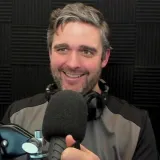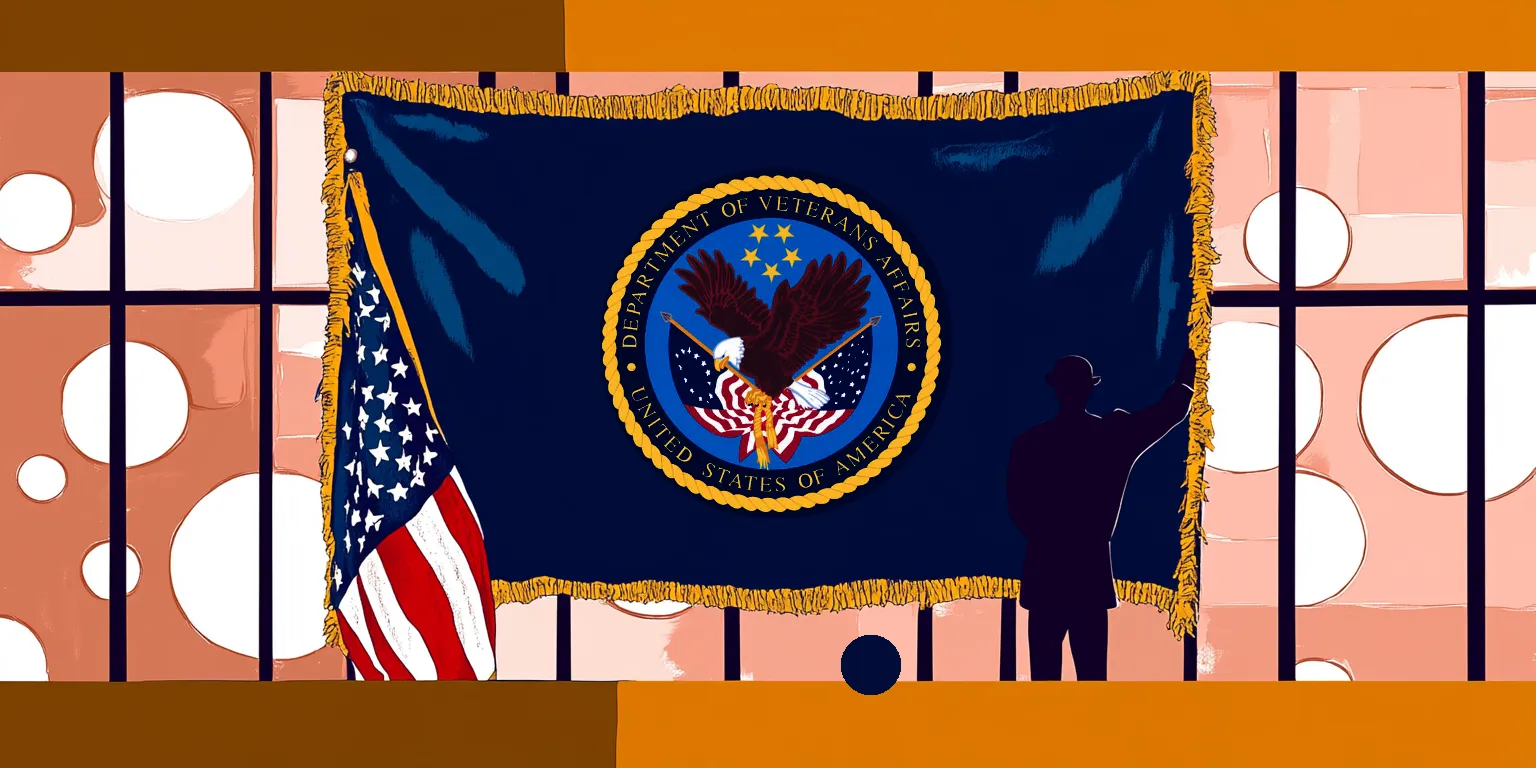In this week’s psychedelic news roundup, California’s State Assembly approves a psychedelic decriminalization bill that would allow residents to possess small amounts of psychedelics like psilocybin (magic mushrooms), DMT, mescaline and others. Massachusetts also takes an important step toward psychedelic drug reform with two new ballot measures, and two of Europe’s top medical and psychiatric agencies urge the inclusion of seasoned psychonauts in the upcoming psychedelic advisory panel, and more.
California Assembly Moves Forward with Psychedelics Legalization Bill

Originally covered by The Schedule Six Foundation, the California Assembly has given the green light to a Senate-approved bill that seeks to legalize certain psychedelics, pushing it back to the Senate for approval on recent amendments. If concurred, the bill will then be presented to Governor Gavin Newsom. This legislation, championed by Sen. Scott Wiener (D), aims to legalize the possession and cultivation of specific entheogenic plants and fungi for adults aged 21 and above. Wiener emphasized the therapeutic potential of these substances, particularly for individuals grappling with PTSD, depression, and addiction. He noted that these substances are non-addictive and can be instrumental in addressing the nation’s mental health crisis.
The bill has undergone several amendments in the Assembly, including the removal of ibogaine from the list of legalized substances, reduction of possession limits, and postponement of the legalization effective date to 2025. This delay is intended to allow a workgroup, formed by the California Health and Human Services Agency (CHHSA), to provide recommendations on the regulated access to psychedelics. The revised bill sets possession limits for various psychedelics, such as mescaline, DMT, and psilocybin. Additionally, the bill would permit “community-based healing” with these substances, although “group counseling” was removed from its provisions in June.
The current version of the bill focuses on plant or fungi-derived psychedelics, excluding synthetic ones like LSD and MDMA. This exclusion was a strategic move by Wiener in 2022 to gain more support for the bill, although it faced opposition from advocates. Peyote, a cactus with ceremonial significance, is also excluded due to concerns about over-harvesting. As the bill progresses, it remains uncertain whether Governor Newsom will endorse it. In parallel, the Assembly Appropriations Committee has approved another bill to strengthen protections for off-duty cannabis users, which will also return to the Senate for concurrence.(1)
Keep Up with Uncensored Psychedelic Trends
Join our newsletter at Psychedelics Uncensored.
We respect and protect your privacy. By subscribing your info will be subject to our privacy policy . Unsubscribe easily at any time
Massachusetts Moves Forward with Psychedelics Legalization Ballot Initiatives for 2024

As reported by Marijuana Moment, the Massachusetts attorney general’s office has approved two psychedelic legalization ballot initiatives for 2024, confirming they meet state constitutional requirements. The office has now released the final summaries of these measures, allowing activists to start collecting signatures to qualify them for next year’s vote. Out of 42 initiative petitions reviewed, 34 were approved, including the psychedelics reform measures submitted last month.
The two proposals from the Massachusetts for Mental Health Options campaign are almost identical. The primary difference is that one allows adults to grow psychedelics at home, while the other does not. The campaign expressed gratitude for the certification of both petitions and emphasized the potential therapeutic benefits of natural psychedelics, citing research from institutions like Johns Hopkins and Harvard Medical School.
Both measures propose a regulatory framework for legal and medically supervised access to psychedelics at licensed facilities. They would legalize the possession and gifting of psychedelics such as psilocybin and ayahuasca but would not permit commercial retail sales. The campaign had emphasized to the attorney general’s office that the initiatives would not create a system similar to the state’s marijuana market.
Key details of the Natural Psychedelic Substances Act include:
- Legal possession and sharing of specific amounts of psychedelics for adults 21 and older.
- Creation of a Natural Psychedelic Substances Commission to oversee law implementation and licensing.
- A 15% excise tax on psychedelics purchased at licensed facilities, with localities having the option to impose an additional 2% tax.
- No provisions for expunging prior convictions for activities that would become legal.
- An effective date of December 15, 2024, with the commission and advisory board to be established by March 1, 2025.
- The campaign now needs to gather 74,574 valid signatures from registered voters by the first Wednesday of December. If the legislature does not act on the reform by May 2024, activists will need to submit an additional 12,429 valid signatures by the first Wednesday of July.
Bay Staters for Natural Medicine (BSNM) endorses the version of the initiative allowing home cultivation. BSNM has previously led efforts to deprioritize enforcement against psychedelics in six Massachusetts cities. Additionally, various psychedelic reform bills have been introduced in the Massachusetts legislature, including proposals to legalize substances like psilocybin and study the therapeutic effects of synthetic psychedelics.(2)
THC-O-acetate Not a Psychedelic, Warns Study

In an article from ScitechDaily, a recent study led by the University at Buffalo has debunked claims surrounding the psychedelic effects of THC-O-acetate, a cannabinoid derived from delta-8 THC. Despite its growing popularity and claims likening its effects to LSD or psilocybin (aka magic( mushrooms, the research found that THC-O-acetate does not induce significant psychedelic experiences. However, there are health concerns associated with this compound. When heated, its acetate composition can produce a toxic gas, and there’s potential for product contamination.
The cannabis plant contains approximately 100 cannabinoids, with THC and CBD being the most researched. THC-O-acetate has recently gained attention due to its purported psychedelic effects. However, the study, published in the Journal of Psychoactive Drugs, found these claims to be exaggerated. Daniel J. Kruger, the study’s lead author, emphasized that while many believe THC-O-acetate to be stronger than regular THC and potentially psychedelic, their research found little evidence to support this.
Keep Up with Psychedelic Trends
Get uncensored psychedelic news, events, and updates. Join Psychedelics Uncensored!
We respect and protect your privacy. By subscribing your info will be subject to our privacy policy . Unsubscribe easily at any time
The study involved a survey of nearly 300 participants, assessing their experiences with THC-O-acetate. Results showed that 79% of participants felt that using THC-O-acetate was minimally or not at all psychedelic. The most common effects reported were relaxation, euphoria, and pain relief. Kruger suggests that some users might mistake an intense high for a psychedelic experience, or they might be influenced by what they’ve heard or read. Another concern is the potential for product contamination, which could account for some of the extreme effects reported by users.
The 2018 Farm Bill, which legalized hemp cultivation, inadvertently created a loophole allowing the production and sale of numerous CBD products. This has led to a surge in products like THC-O-acetate in the market. Kruger warns consumers to be cautious, as many of these products might not be adequately tested or regulated.
The study’s team comprised experts from various institutions, including Portland State University and the University of California, San Francisco.(3)
Europe’s Top Medical and Psychiatric Agencies Urged to Include Experienced Psychedelic Users in Advisory Panel

Initially reported by Politico Europe, a lobby group representing developers and professionals in the field of psychedelics is urging Europe to establish a collective authority on the medical use of these substances. According to a briefing document set to be presented to the European Medicines Agency (EMA), Europe’s Psychedelic Access Research and European Alliance (PAREA) suggests that this panel should include experienced users of psychedelics.
The document emphasizes the potential medical benefits of psychedelics, citing early trials that have shown promising results using chemicals found in magic mushrooms and ecstasy pills to treat conditions like severe depression and PTSD. Psilocybin, a chemical derived from magic mushrooms, is also being tested as a potential treatment for anorexia.
While Europe has not yet approved any psychedelic treatments, countries like Australia and some parts of the U.S. have already permitted the prescription of psychedelics for specific mental health conditions. Some European lawmakers are advocating for a faster approval process in their region.
PAREA’s communication comes ahead of a workshop on the development of psychedelic treatments that the EMA plans to host later this year. The lobby group is pushing for centralized leadership on the practical and clinical use of these therapies, emphasizing the importance of standardized care before, during, and after the administration of psychedelics.
The proposed EU advisory body would draw from the collective knowledge of various stakeholders, including the EMA, national competent authorities, health care professionals, psychedelic organizations, patients’ organizations, drug developers, and the broader community. PAREA has highlighted organizations like the Open Foundation, the Beckley Academy, and the Mind Foundation as potential contributors to this advisory body. These organizations offer training for psychedelic therapists based on the latest research and often include practical experiences with substances like psilocybin or ketamine.
PAREA’s briefing underscores the importance of adopting an evidence-based therapeutic model that prioritizes patients’ best interests. The group also believes that centralized coordination by the EMA would be more efficient than individual EU countries establishing their own working groups.(4)
UC Berkeley Introduces Free Online Course on Psychedelic Research

As reported by High Times, University of California, Berkeley, has unveiled a free online course titled “Psychedelics and the Mind” through its Center for the Science of Psychedelics. The course, which aims to educate students about the science and history of psychedelics, was launched last month, marking another milestone for the Center, which was established three years ago.
David Presti, a neurobiology professor and one of the founders of the Berkeley Center for the Science of Psychedelics, will lead the course. The Steve and Alexandra Cohen Foundation, with Steve Cohen being a staunch supporter of psychedelic research and therapy, has generously funded the course. The foundation had previously granted $5 million to MAPS (Multidisciplinary Association for Psychedelics Studies), a nonprofit organization committed to exploring the medicinal potential of psychedelic drugs.
Imran Khan, the executive director of the Center for the Science of Psychedelics, expressed his enthusiasm for the course, emphasizing its uniqueness and comprehensive approach to psychedelic science. Khan also highlighted the Center’s future aspirations to launch more specialized courses, focusing on the medical aspects of psychedelics or their connection to specific communities.
The Center for the Science of Psychedelics was initiated in September 2020, backed by a $1.25 million donation from an anonymous benefactor. Michael Pollan, a bestselling author whose book How to Change Your Mind delved into the science of psychedelics, is also a co-founder of the Center.
In June, the Center released a groundbreaking poll indicating that a significant majority of Americans are in favor of therapeutic access to psychedelics. The survey revealed that 61% of American registered voters support the legalization of regulated therapeutic access to psychedelics, with 78% advocating for easier research access to these substances.
Khan believes that the U.S. is at the beginning of a long journey with psychedelics. He emphasized that while these substances have been used for ages in various contexts, the recent resurgence in interest, both culturally and in research, indicates that there’s much more to explore and understand.(5)
The global shift towards understanding and embracing the potential benefits of psychedelics is evident. From California’s progressive steps in decriminalizing certain psychedelics to Europe’s call for a collective voice on their medical use, the landscape is rapidly evolving. Institutions like UC Berkeley are also playing a pivotal role in educating the masses about these substances. As research continues and more data emerges, it’s crucial for policymakers, researchers, and the public to stay informed and approach the subject with an open mind. The journey with psychedelics is just beginning, and the coming years promise to be a crucial time for the psychedelic renaissance.
Sources

1. Jaeger, K. (2023, September 6). California Assembly Approves Psychedelics Legalization Bill With Amendments, Sending It Back To The Senate For Final Passage. Marijuana Moment. https://www.marijuanamoment.net/california-assembly-approves-psychedelics-legalization-bill-with-amendments-sending-it-back-to-the-senate-for-final-passage/
2. Jaeger, K. (2023, September 6). Massachusetts Attorney General Clears 2024 Psychedelics Legalization Ballot Initiatives And Releases Final Summaries. Marijuana Moment. https://www.marijuanamoment.net/massachusetts-attorney-general-clears-2024-psychedelics-legalization-ballot-initiatives-and-releases-final-summaries/
3. Buffalo, U. at. (2023, September 7). “People Have To Be Careful” – Scientists Debunk Claims of a Psychedelic Cannabinoid. SciTechDaily. https://scitechdaily.com/people-have-to-be-careful-scientists-debunk-claims-of-a-psychedelic-cannabinoid/
4. Experienced trippers should advise on Europe’s use of psychedelics, says lobby. (2023, September 5). POLITICO. https://www.politico.eu/article/experienced-trippers-should-advise-europe-use-psychedelics-lobby /
5. Edward, T. (2023, September 6). UC Berkeley Announces Free Online Course for Psychedelic Research. High Times. https://hightimes.com/news/uc-berkeley-announces-free-online-course-for-psychedelic-research/
This material is not intended as a replacement or substitute for any legal or medical advice. Always consult a medical professional about your health needs. Psychedelics are widely illegal in the United States, and readers should always be informed about local, state, and federal regulations regarding psychedelics or other drugs.

 David Connell
David Connell
 Ross Dillon
Ross Dillon 
